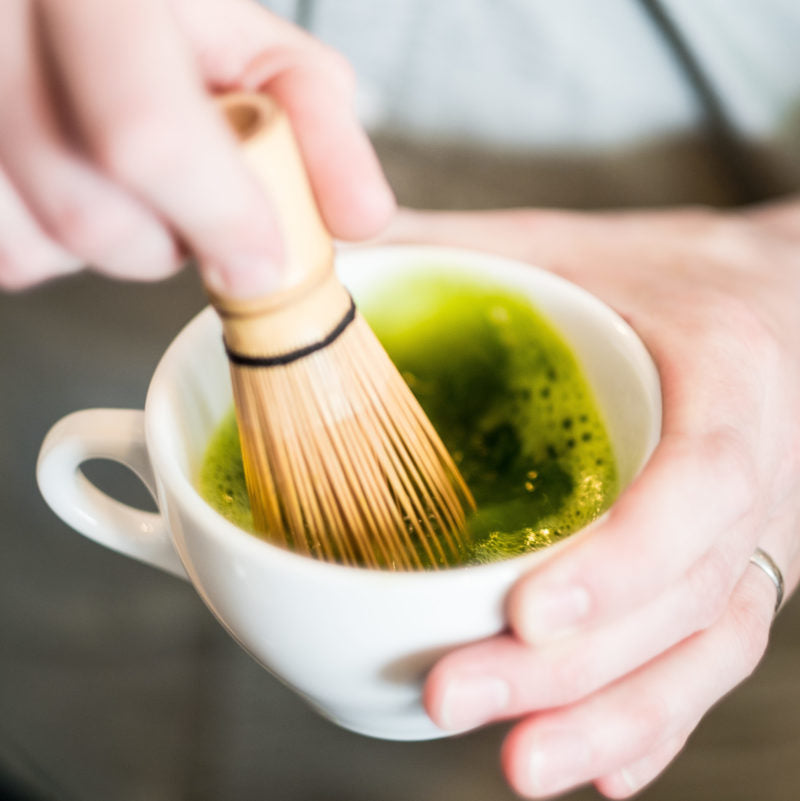Annie, SUKI co-founder talks us through Tea, Science and Health☕️ what are the unique properties that make up our favourite cuppa? From polyphenols to L-theanine, Annie explains the benefits around tea. here
Loose leaf teas are well known for its medicinal qualities, Tea is nearly calorie-free and rich in antioxidants. Tea is an important part of any healthy diet and lifestyle, for both body & mind, however as we are not doctors, we have decided that if you're going to drink loose leaf tea for health reasons it might as well taste as good as possible!
Polyphenols
Polyphenols are a group of chemical substances found in plants. Two classes of polyphenols are tannins (found also in wine) and flavonoids. Tea is rich in flavonoids like catechins. Flavonoids are most commonly known for their antioxidant activity. Catechins like EGCG are found in high concentrations in Green Tea. In fact, it is the catechin EGCG that has put some bottled green tea in the news lately as a way of providing a wealth of health benefits.
Antioxidants
The human body produces unstable molecules called oxidants, or free radicals. To become stable these oxidants steal electrons from other molecules and thereby damage the cells and can even cause DNA aberrations. Antioxidants bond to oxidants such as free radicals and inhibit the chemical reactions that cause cellular damage. Antioxidants can even target and repair DNA damage. All teas made with Camellia Sinensis tea leaves are high in flavonoids, a powerful class of antioxidants.
Tea also contains other antioxidants, though in these cases the processing of the tea does have an effect on the levels of these antioxidants. Oxidation causes small antioxidant chains to link together and form larger antioxidants. Most of the antioxidants found in black teas are Theaflavins and Thearubigins (which are larger), while Green and White teas primarily contain the smaller Catechins.
L-theanine
L-theanine is an amino acid that occurs naturally in the Camellia Sinensis plant. In fact, unless you take an artificially manufactured dietary supplement, tea is the ONLY way to get L-theanine in your diet. This powerful amino acid boosts alpha wave activity in our brains, which promotes a state of relaxed concentration. Think "quiet alertness". The calming effects of L-theanine actually counteract the extreme highs and jitteriness that can result from excessive caffeine intake.
So take 5 mins to learn from this video and enjoy that cuppa, whether you have a few minutes peace to enjoy it yourself, together with a family meme we or virtually with loved ones, let’s take 5 and Tea Together ☕️❤️



